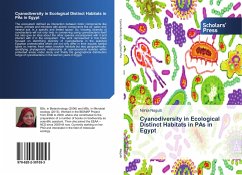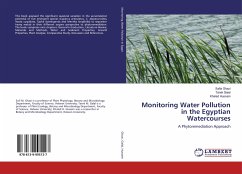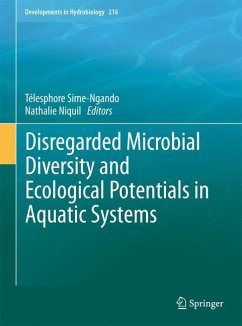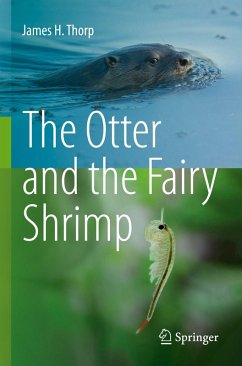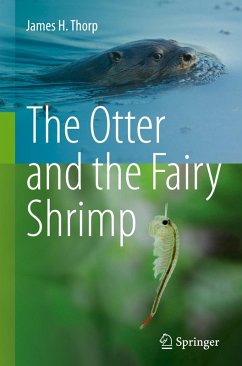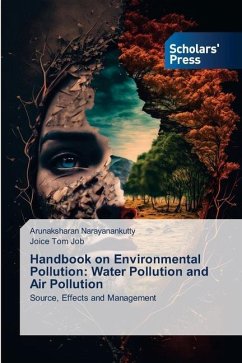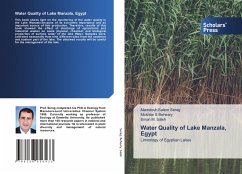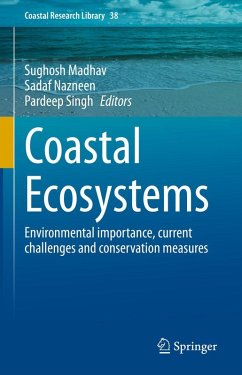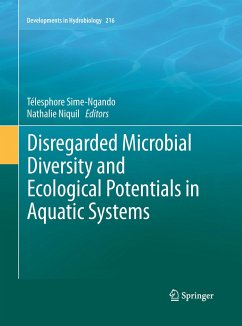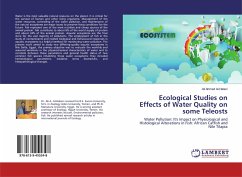
Ecological Studies on Effects of Water Quality on some Teleosts
Water Pollution: It's Impact on Physiological and Histological Alterations in Fish: African Catfish and Nile Tilapia
Versandkostenfrei!
Versandfertig in 6-10 Tagen
27,99 €
inkl. MwSt.

PAYBACK Punkte
14 °P sammeln!
Water is the most valuable natural resource on the planet. It is critical for the survival of human and other living organisms. Management of the water resources, controlling of the water pollution, and maintenance of the natural ecosystems are major issues to preserve living conditions for the future. Fish represent one of the most nutritive and cheap sources of the animal protein. Fish contribute to about 6% of the world supply of protein and about 24% of the animal protein. Aquatic ecosystems are the final store for the vast majority of pollutants. The employment of fish in the study of con...
Water is the most valuable natural resource on the planet. It is critical for the survival of human and other living organisms. Management of the water resources, controlling of the water pollution, and maintenance of the natural ecosystems are major issues to preserve living conditions for the future. Fish represent one of the most nutritive and cheap sources of the animal protein. Fish contribute to about 6% of the world supply of protein and about 24% of the animal protein. Aquatic ecosystems are the final store for the vast majority of pollutants. The employment of fish in the study of contaminants and related biological and behavioural responses in aquatic ecosystems is a helpful method for monitoring water pollution. The present work aimed to study two differing-quality aquatic ecosystems in Nile Delta, Egypt, the primary objective was to evaluate the monthly and seasonal variations in the physicochemical characteristics of water and to correlate between these parameters and general health status of two common fish species inhabiting those water ecosystems: they included hematological parameters, oxidative stress biomarkers, and histopathological changes.



